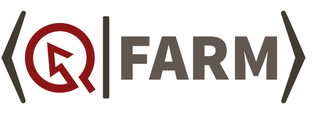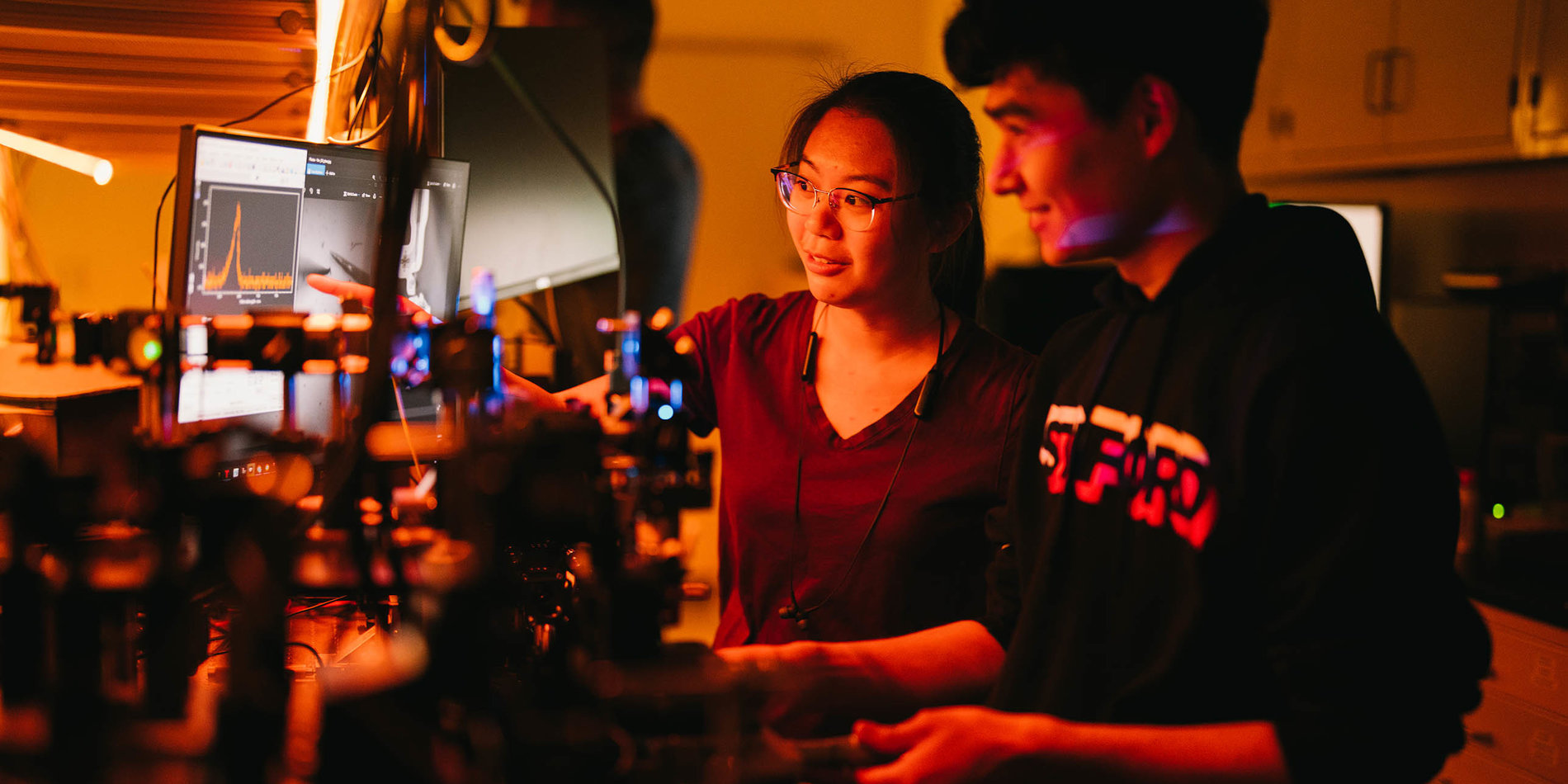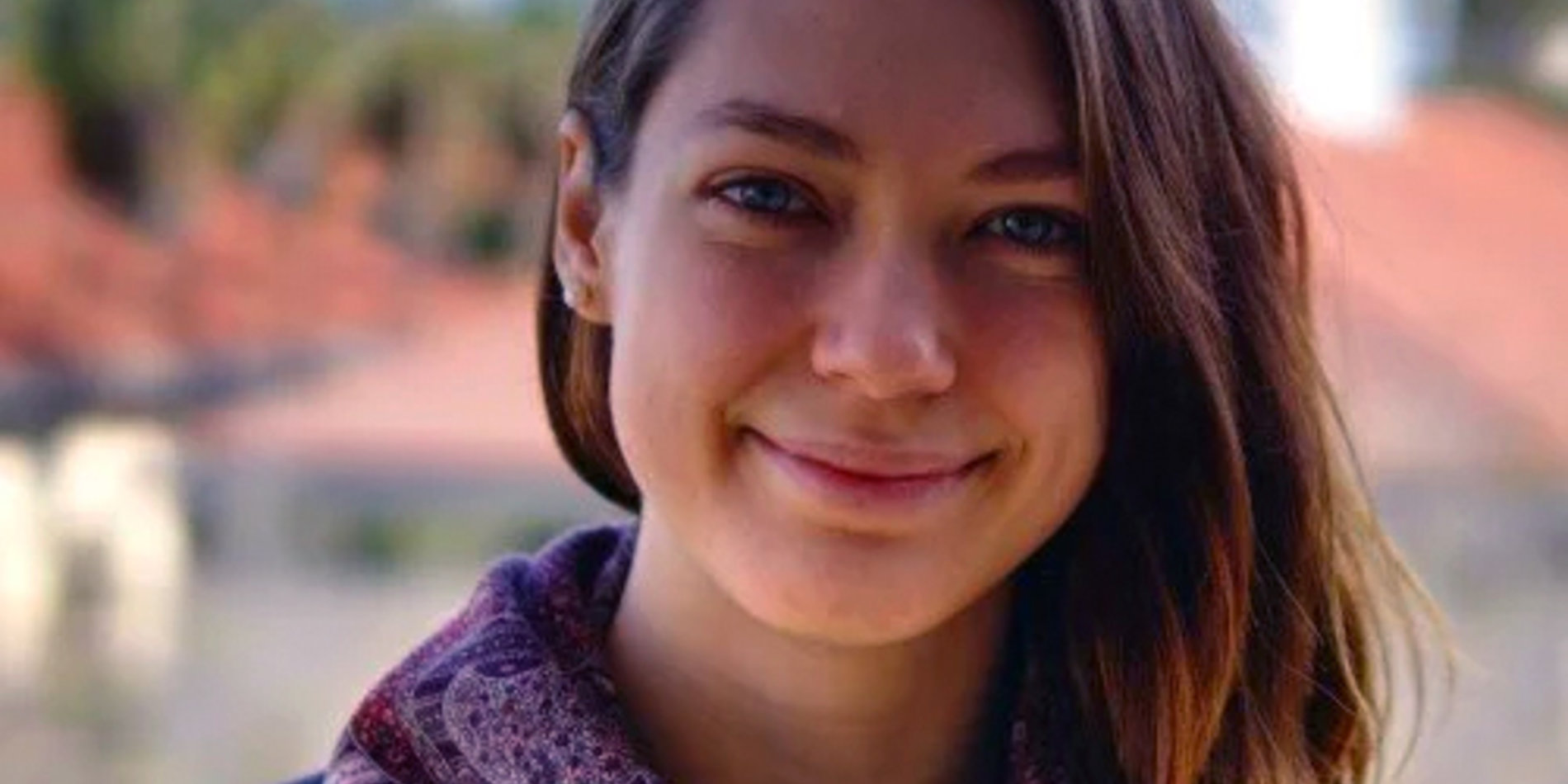Professor Joonhee Choi helped author 'Erasure conversion in a high-fidelity Rydberg quantum simulator,’ recently published in Nature.
[…] Entanglement is what allows quantum computers to outperform classical computers. "However, nature doesn’t like to remain in these quantum entangled states," explains Pascal Scholl, a co-lead author of the study. "Eventually, an error happens, which breaks the entire quantum state. These entangled states can be thought of as baskets full of apples, where the atoms are the apples. With time, some apples will start to rot, and if these apples are not removed from the basket and replaced by fresh ones, all the apples will rapidly become rotten. It is not clear how to fully prevent these errors from happening, so the only viable option nowadays is to detect and correct them."
The new error-catching system is designed in such a way that erroneous atoms fluoresce, or light up, when hit with a laser. "We have images of the glowing atoms that tell us where the errors are, so we can either leave them out of the final statistics or apply additional laser pulses to actively correct them," Scholl says.
The theory for implementing erasure detection in neutral atom systems was first developed by Jeff Thompson, a professor of electrical and computer engineering at Princeton University, and his colleagues. That team also recently reported demonstrating the technique in Nature.
By removing and locating errors in their Rydberg atom system, the Caltech team says that they can improve the overall rate of entanglement, or fidelity. In the new study, the team reports that only one in 1,000 pairs of atoms failed to become entangled. That’s a factor-of-10 improvement over what was achieved previously and is the highest-ever observed entanglement rate in this type of system.
Ultimately, these results bode well for quantum computing platforms that use Rydberg neutral atom arrays. "Neutral atoms are the most scalable type of quantum computer, but they didn't have high-entanglement fidelities until now," says Shaw.
Excerpted from hpcwire.com, 'Caltech Researchers Demonstrate Quantum Eraser to Combat Erasure Errors in Quantum Systems'



